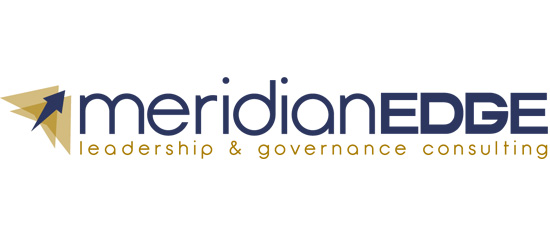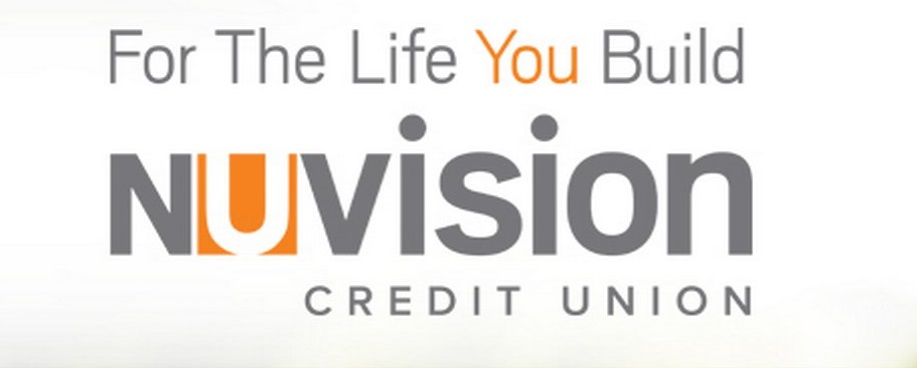How quickly a year passes. While we still remember all the great things that happened during the conference in Savannah last year, our annual conference in Québec City is rapidly approaching, the first under our new name. In Savannah, we made the pivotal decision to change our name and bylaws and to adopt new Ends. Preparing for that decision took a lot of work, and as board chair I am confident that this new phase will bring yet new questions to be solved.
Luckily, we are using Policy Governance principles. In the same way that those principles helped us steer through the difficult waters of the transition phase, they are helping us now to focus on what our job as a board is: governing. In my earlier blog, I mentioned that we are now discussing further ownership linkage. A second important issue is Ends monitoring, which is on our agenda right now. We have discussed Ends interpretations with our CEO a few times during the past year, and are now in the process of assessing the first data generated during this new phase of our organization. This has led to interesting discussions between the board and our CEO.
These discussions are not always simple, and it reminds me that it would be wrong to think that using Policy Governance ensures that everything is simple for a board. Although following the model can help speed up decisions on most monitoring reports, not all of them can be processed quickly. What Policy Governance really does, in my view, is help focus the discussion on the issues that really need to be discussed. And those discussions may still be complex.
So, although the Policy Governance principles are crystal clear, the questions that arise while using them can still be nuanced. Coping with those questions is the hard work of governing. Personally, what I would like Govern for Impact to be is a community where we can discuss any of the hard questions. And when we stumble, to understand if it was because governance is just difficult, or because we weren't attending fully to our governance principles.
In the end, Governance for Impact is a community, not a model, and the strength of our community is our most important asset. Let's continue to open up, to include more boards in learning how we can all achieve governance excellence.



